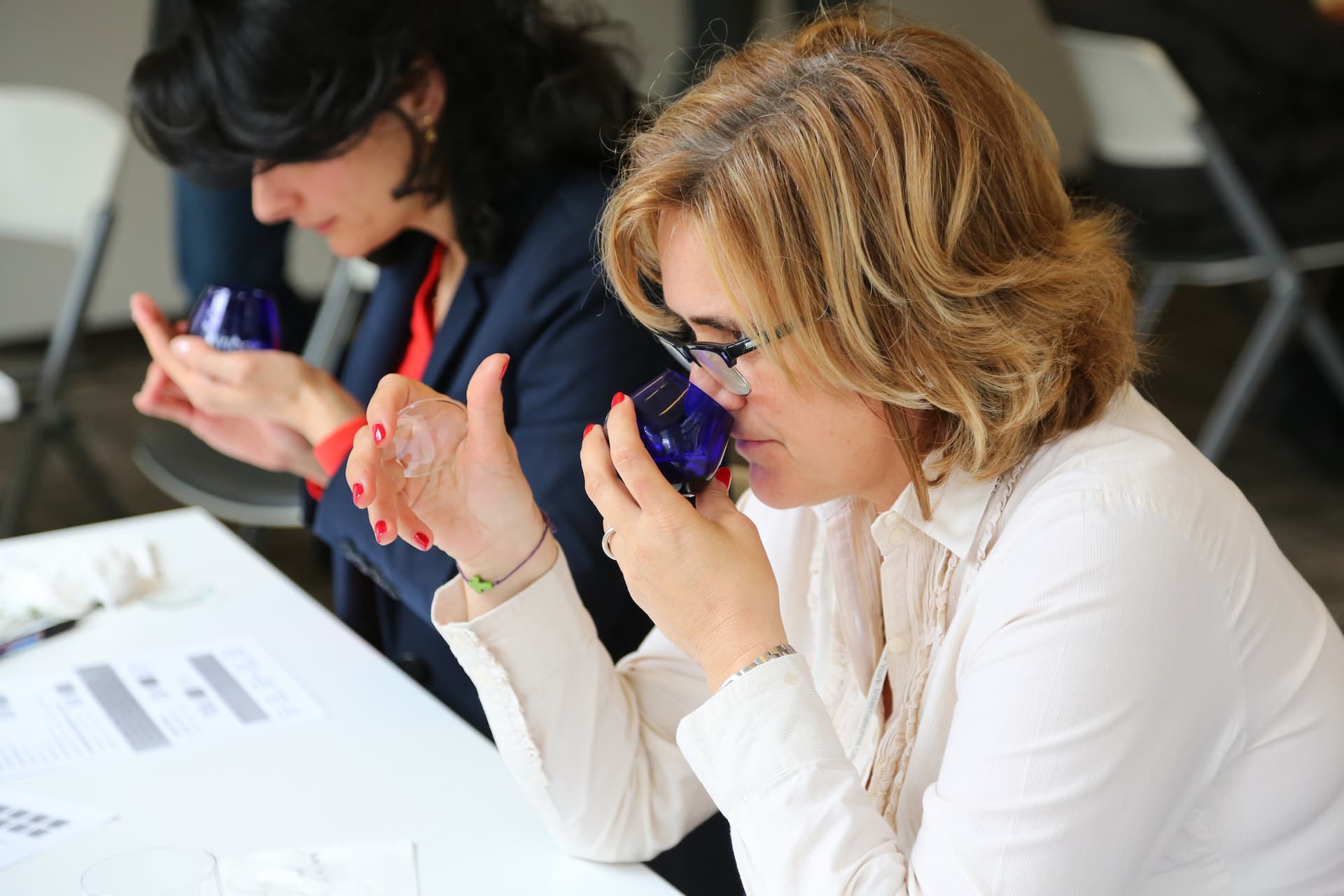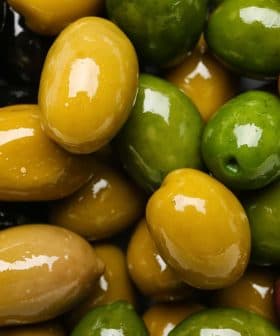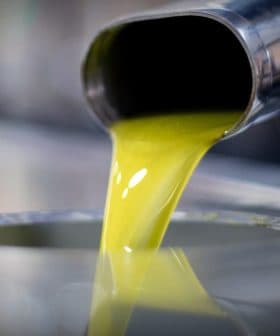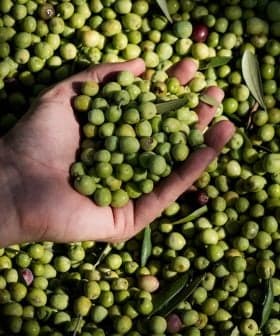Scientists Identify Gene Responsible for Olive Oil’s Aroma

Spanish researchers have discovered how to manipulate the expression of the 13-HPL gene in olive trees, affecting the aroma of olive oil produced. This discovery could allow growers to select specific cultivars for desired aromas or breed new cultivars with pre-determined aromas, potentially enhancing the fruity or pungent qualities of the oil.
A team of Spanish researchers has investigated a key genetic trait of the olive tree and devised a way to manipulate the associated gene’s expression with relevant consequences on olive oil aroma.
The discovery may allow growers to select cultivars to produce olive oils with specific aromas or researchers to breed new cultivars with pre-determined aromas. Genetically modified olives could feature a more fruity or pungent aroma.
“Plants produce and emit a huge diversity of volatile organic compounds, which are released from different tissues such as leaves, fruits, flowers and roots,” the researchers wrote. “From a chemical point of view, these plant volatiles are organic lipophilic molecules characterized by low boiling points and high vapor pressures at ambient temperatures.”
See Also:Research NewsVolatile compounds are molecules that, once released by their source, reach the olfactory receptors and create the aroma.
The 13-HPL gene has been investigated for decades as it plays a pivotal role in the synthesis of the main volatile compounds that make up the aroma of virgin olive oils.
“It was not until approximately a decade ago that we were able to isolate and characterize the 13-HPL gene from the olive tree, as well as to demonstrate the putative [commonly thought] functionality of the protein it encodes, the 13-HPL enzyme,” Carlos Sanz, the leader of the biochemistry and plant food technology research group at the Spanish National Research Council’s Fat Institute, told Olive Oil Times.
The 13-HPL is an enzyme that produces the six-carbon C6 aliphatic aldehydes hexanal or hexenals from polyunsaturated fatty acids with a hydroperoxide group at carbon 13.
These volatile aldehydes, and their alcohol and ester derivatives, are components of the aroma of the fruits of different plant species. In olives, they are also responsible for the smell of cut grass that is produced when the plant leaves are crushed.
“The 13-HPL is an enzyme that is part of the lipoxygenase pathway, which is a highly conserved biochemical pathway in plants that functions in different plant organs,” Sanz said. “We have verified in previous studies that the profile of volatile compounds obtained after crushing the olive leaf is basically the same as that obtained after crushing the olive fruit since, in both organs, the damage to the tissue triggers the functioning of the lipoxygenase pathway and consequently the synthesis of volatile compounds.”
“This is essentially the origin of the aroma of virgin olive oil,” he added. “This aroma is only produced when the integrity of the olive fruit is destroyed in the milling stage of the virgin olive oil extraction process.”
The study also found that there is only a single 13-HPL gene in the olive, unlike in other metabolic steps in synthesizing these volatile compounds, in which a considerable number of genes with the same function may be involved.
“Well, once the gene had been identified and characterized, the next step was to determine its functionality in vivo, that is, to verify that this gene is expressed in the olive to produce 13-HPL and that this enzyme works as it does in vitro,” Sanz said.
See Also:The Flavors of Extra Virgin Olive OilTo verify this, researchers grew two sets of olive trees, one in which the gene was silenced and the other in which it was amplified to its highest possible level. From there, the scientists at the Fat Institute and the University of Malaga analyzed the resulting volatile compounds.
The researchers found that silencing the gene brings unwanted consequences.
“The modification of the expression of the 13-HPL gene in olive trees not only produces a large decrease in C6 volatiles… it also causes less plant growth,” Sanz said. “This shows that the 13-HPL activity is essential for the normal growth and development of the olive plant.”
One of the reasons for this might be the role the 13-HPL gene plays in eliminating polyunsaturated fatty acid hydroperoxides that are toxic to the plant. An excess of the hydroperoxide derivatives in the plant’s tissues probably affects its growth.
“On the other hand, we must not forget that the lipoxygenase pathway is the origin of different physiological regulators, so an increase in the content of these hydroperoxides can lead to an increase in the concentration and activity of some of these regulators with the observed phenotypic effect,” Sanz said.
According to the researchers, the study’s results would make it possible to produce plants with a modified gene expression. “But it would only affect the characteristics of the green attribute of the oil’s aroma,” Sanz said.
An increase in the expression of the gene would enhance the green fruity attributes of the aroma. “On the contrary, a control of the expression of this gene would cause… the oils to have green aromas but with a less fruity and more pungent character, which are appreciated by some sectors of consumers,” he said.
“The information we got confirms the suspicions we had about the functioning of the 13-HPL gene and enzyme and their involvement in the synthesis of the main compounds responsible for the aroma of virgin olive oil,” Sanz added.
“Although it would be feasible to obtain transgenic lines that carry a modified expression of this gene, in my opinion, the main use of this knowledge would be in olive breeding programs to develop molecular markers for the marker-assisted selection of new olive cultivars that produce oils with an improved aroma,” he concluded.









